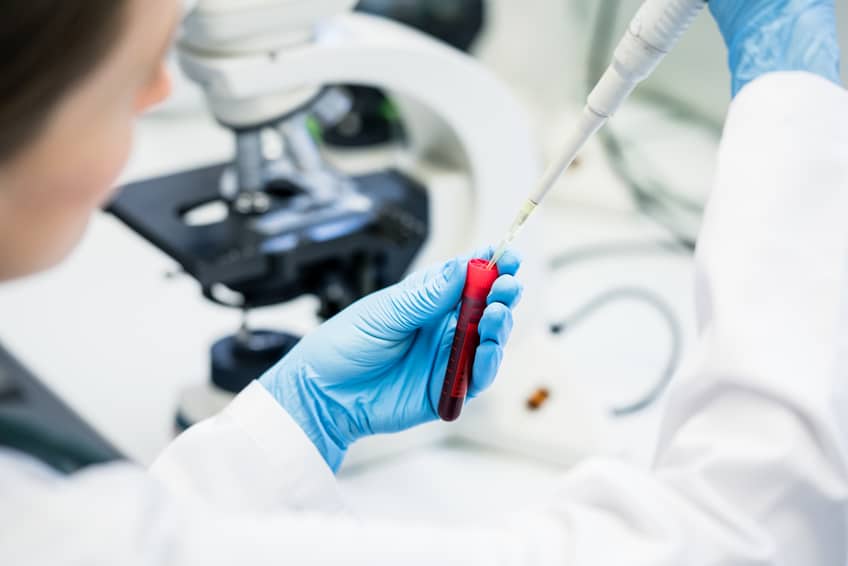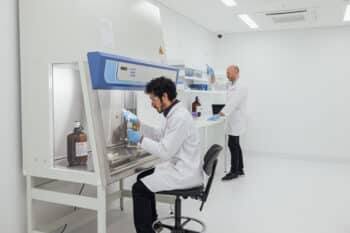As critical to the smooth running of laboratories as equipment safety and security, data and information security is hugely beneficial to any lab’s day-to-day activities. Without it, you run the risk of data loss, viruses, inadequate storage and a whole host of other problems which can be particularly damaging to your laboratory.
Here, we’ll guide you through how you can optimise your lab’s information and data security, ensuring only the right people can access its most important files and information.
Quick Navigation
Cybersecurity
Don’t leave your information vulnerable to attacks from outside interference. Safeguarding your most important files and data with the correct cybersecurity measures or policy is a bit of a no-brainer.
Getting started with a policy, no matter how small, is hugely beneficial. Take a look at the minimum regulations other labs use and see how you can employ these tools to help improve security. In your policy, outline the systems that need to be in place, how they will protect the company’s data and who will be responsible for them.
You should be looking at things such as antivirus software, firewalls, automated backups to encrypted servers, and regular updates/patches to improve the vulnerabilities of certain applications.
After documenting your policy and implementing the applications, informing your employees about your lab’s security is integral to preserving its safeguarding. This is because employees can unknowingly compromise your lab’s networks through phishing scams, posting secure info on social media, and general human error. Your policy should include best practices for reducing damage, and what happens if they do not comply with the rules and regulations.
When optimising your lab’s security, consider who requires access to computers and workstations. Employ the use of ID cards to identify registered users, and record the presence of any guest users. Whenever a user logs in, their use of a workstation should be logged; lab employees should be able to identify who used a workstation at any particular time, as well as any other workstations used by the same person.
If computers or workstations are not in use, make sure they’re locked. More controlled access to your lab means less chance of damaging or compromising the information contained within.
Digital encryption
Encryption is a versatile, endlessly important security system that no lab should be without. Data that is encrypted is locked, therefore the only way to read it is to open it with a specific decryption key. Encryption-protected data secures sensitive data from malware and unauthorised access from third parties.
Files, passwords, emails and data backups should be encrypted, protecting you from hackers and third parties safely and easily, so consider making your most valuable files and information iron clad by encrypting them.
Appropriate record keeping
Record keeping is integral to any lab’s day-to-day research. It’s important for reasons of accountability and integrity, but it’s also necessary in plenty of other ways. It keeps important data to hand which you’ll need for analysis, collaboration, peer review and presenting your findings. If you find yourself embroiled in allegations of research misconduct, proper record keeping is invaluable in refuting these claims too.
Your records should make note of the person storing the information, what you did, the date of the research (including year), why the research was carried out, the methodology, what materials you used, your findings and interpretations, as well as what you’ll do next.
A regular notebook will work just fine, but you’ll have to make your own copies by hand and things can be hard to track if they aren’t organised properly. Electronic notebooks are more conducive to research purposes because they’re searchable, legible, can easily be backed up to avoid loss or damage, and can easily use images, videos and other files to back up your findings. If you’re using an electronic notebook to make records, then the appropriate security measures must be taken to avoid loss of files and information.
Enjoyed this article? There’s plenty more to be found over on the InterFocus blog. Looking for information on our bespoke fitted labs? Visit our homepage or call the team on 01223 894 833.







